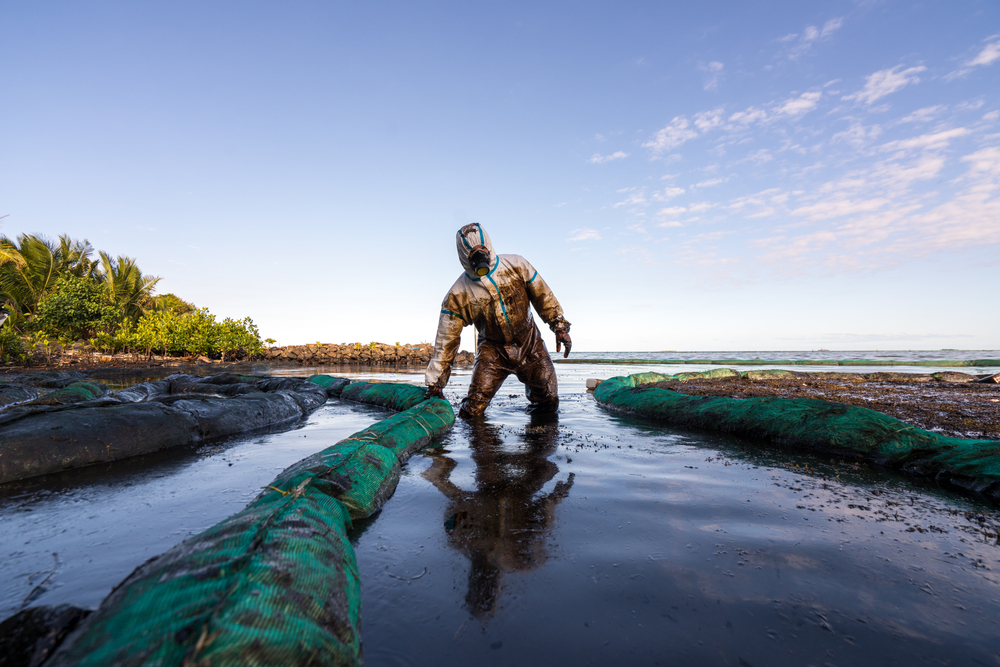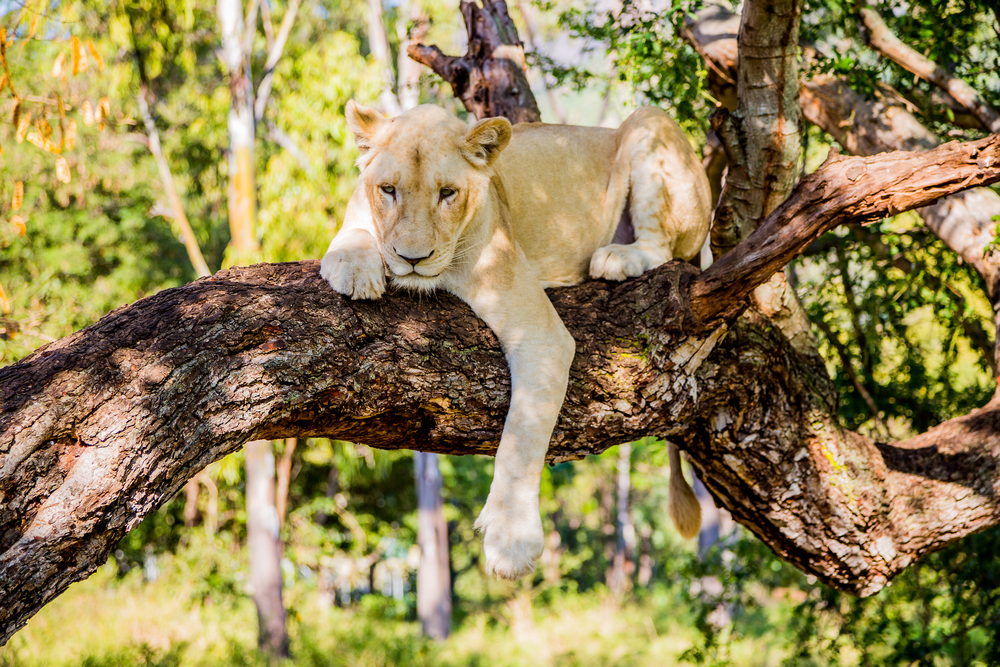5 keys to remember
- Tailored
- Feel at Home
- Authenticity
- Ethics
- Privacy

Mauritius, a small paradise where sea meets sky, is home to an extraordinary and diverse ecosystem. The island is the ideal place to relax and enjoy natural beauties. But as with any paradise, it is also vulnerable.
Mauritius is home to an incomparably rich and fragile ecosystem, and is a sanctuary for a rich variety of flora and fauna. With its lagoons, the island hosts outstanding biodiversity, including sea turtles and dolphins, coral reefs teeming with tropical fish, and mangroves nesting migratory birds. A number of protected natural areas can also be found there, including the Black River Gorges National Park. Endemic forests and nature reserves shelter unique species, carefully protected to preserve their natural heritage.
This island, once home to the famous dodo, now extinct, is today the habitat of species threatened with extinction, prompting the action of numerous NGOs dedicated to the protection of nature and reducing human activities impact. Preserving this ecosystem requires special attention. Efforts to ensure its protection and conservation are multiplying, and include raising awareness among both mauritian population and visitors.

Mauritius is home to an ecosystem of exceptional beauty, but unparalleled fragility. Its insularity makes it particularly vulnerable to environmental pressures. Climate change is threatening the island’s coasts, jeopardizing its delicate balance. Human activities and tourism, although sources of prosperity, are exerting increasing pressure on this fragile environment.
Faced with these challenges, the government and NGOs are mobilizing to safeguard nature, promoting the protection and conservation of Mauritian ecosystems. Rules of good behavior and a call for respect for nature are emerging to preserve this precious heritage.
It is crucial to raise awareness and involve everyone in preserving this unique flora and fauna, working together to ensure a sustainable future for this wealth of biodiversity.
The island’s insularity, its distance from the continents and its tropical climate make it a unique environment, but also a vulnerable one. Its coasts are both its main asset and its greatest vulnerability. Climate change is intensifying erosion, threatening shorelines, its stunning beaches and marine biodiversity. Pollution from human activities is a scourge for the endemic and protected species that inhabit these crystal-clear waters.
The small size of the territory adds to the challenges: rising sea levels threaten low-lying areas, while drought threatens ecological stability as in rural areas according to statistics. Mauritius, home to unique species and endemic forests, is seeing these natural treasures crumble under the pressure of tourism.
Mauritius is facing major challenges, mainly linked to climate change. The island’s coasts are regularly subjected to torrential rains and devastating cyclones, exacerbating erosion. Drought threatens the island more and more, adding further constraints to water supply mainly for rural populations.
The island’s small size adds to these problems, intensifying existing pressure on natural resources. The crystal-clear lagoons and mangrove swamps, which are home to unique flora and fauna, are suffering the harmful effects of pollution and rising sea levels, threatening their delicate balance.
Coastal erosion can also have a negative impact on the island’s economy. It can lead to the loss of tourist areas and natural resources. The government of Mauritius has taken measures to control coastline degradation, including the construction of dykes and jetties and the restoration of mangroves and coral reefs.
However, these measures are insufficient to meet the challenges posed by climate change. It is important to raise public awareness about the risks associated with this phenomenon.
Mauritius is under increasing threat from island pollution. A combination of factors is responsible, including the lack of litter bins in some places, the incivility of some public space users who do not respect the environment, and little recycling, which leads to an excessive waste build-up.
Pollution has major consequences for the island. It can lead to the destruction of beaches, mangroves and coral reefs, which play an essential role in the island’s ecosystem.
The government of Mauritius has taken a number of measures to tackle pollution, including raising public awareness about its risks, reducing plastic use and providing public rubbish bins in tourist areas.
Some private initiatives have emerged to sort glass, cardboard, cans, electrical and electronic waste.
Mauritius’s insularity makes it vulnerable to human activities in this island nation, particularly the flourishing tourism industry. Every year, hundreds of thousands of visitors flock to the island to enjoy water-based activities, creating pollution at sea as well as on its white sandy beaches and disturbing species.
The construction of hotels along the coast is altering the shoreline, while tourism developments are having an impact on the surrounding natural environment. Luxury cruises and the growing flow of tourists are increasing the carbon footprint associated with travel.
Despite efforts to raise awareness and promote good practice, the impact remains. Preserving this paradise requires a collective awareness. Reducing the impact of construction, regulating tourist flows and promoting sustainable tourism are crucial to preserving the beauty and natural wealth of Mauritius. A shared responsibility is needed to ensure the long-term future of this island gem.
Numerous initiatives are emerging to safeguard this heritage. Governments, NGOs and regional organizations are mobilizing, raising awareness and educating people about the crucial importance of preservation. Protecting endemic species is a priority. Beach clean-up campaigns are regularly organized to counter the impact of human pollution. Short circuits in the economy are developing, encouraging responsible consumption and limiting our carbon footprint. Water is a precious resource in Mauritius. Limiting the use of water in hotels is an important measure for preserving this resource.
Preserving Mauritius is a challenge that requires everyone’s commitment. By taking concrete steps, we can help protect this tropical paradise for the future and promote it as one of the best environmentally and safest countries